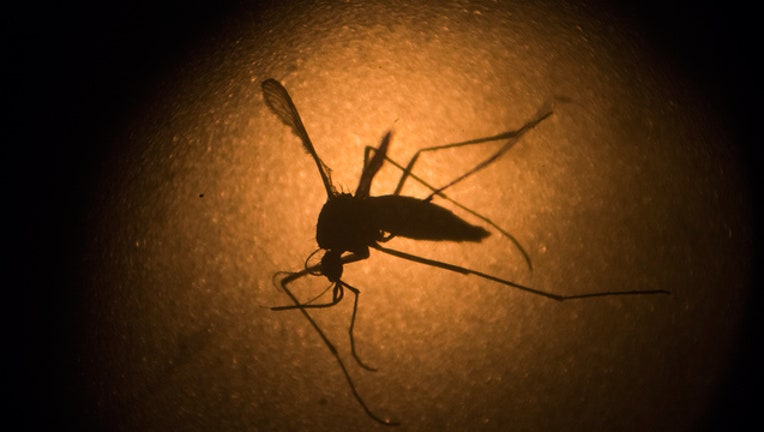Connecticut residents urged to limit outdoor activity over virus fears

(AP File Photo)
Connecticut health officials are urging residents to minimize outdoor activities from dusk to dawn to avoid mosquitoes carrying eastern equine encephalitis (EEE).
The state Department of Public Health issued the guidance on Wednesday. The virus has been identified in mosquitoes in 12 eastern Connecticut towns and in horses in two other towns.
In one town, Groton, school outdoor activities have been restricted due to concern about the virus.
Mosquitoes are most active from dusk to dawn. State health officials say the mosquitoes that carry the virus are active until the first heavy frost.
Other states throughout the Northeast are also experiencing an active season for EEE. In addition to the virus being found in mosquitoes, human cases of EEE infection, including fatalities, have been identified this year in Massachusetts, Rhode Island, and New Jersey.
State health officials also advise against unnecessary trips into mosquito breeding grounds and marshes as the mosquitoes that transmit EEE virus are associated with freshwater swamps and are most active at dusk and dawn. Overnight camping or other substantial outdoor exposure in freshwater swamps in Connecticut should be avoided.
Personal precautions to avoid mosquito bites include:
- Be sure door and window screens are tight fitting and in good repair.
- While outdoors, wear shoes, socks, long pants, and long-sleeved shirts. Clothing should be light colored and made of tightly woven materials that keep mosquitoes away from the skin.
- Consider using mosquito repellent when it is necessary to be outdoors and always use them according to label instructions. The most effective repellents contain DEET or Picaridin.
- Limit infants’ and children’s exposure to mosquitos and dress them in protective clothing when outdoors.
- Use mosquito netting if sleeping outdoors.

